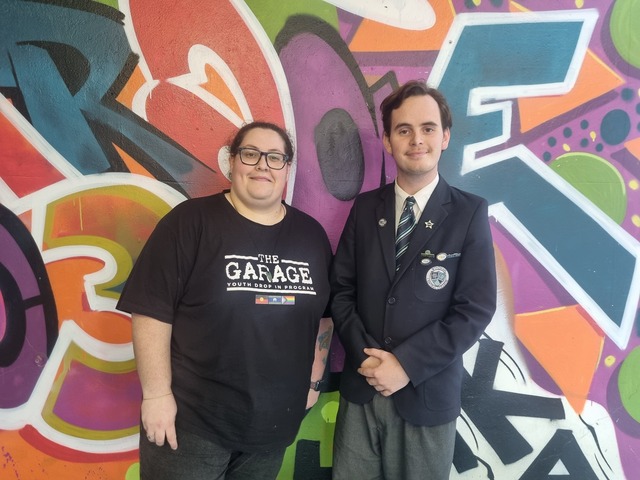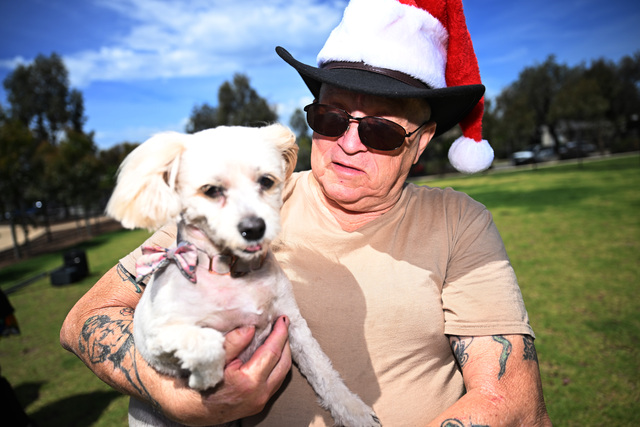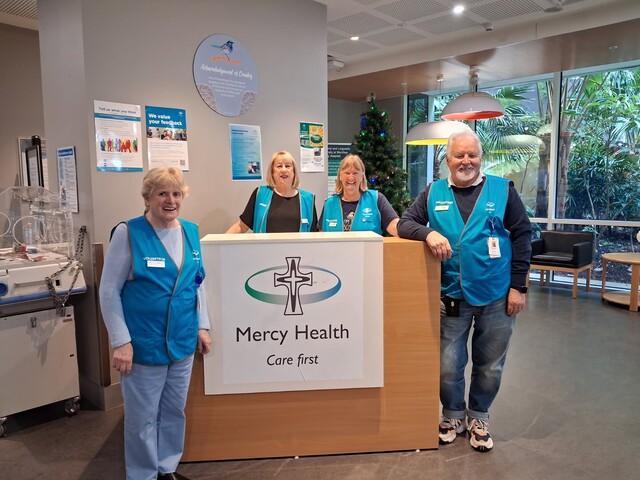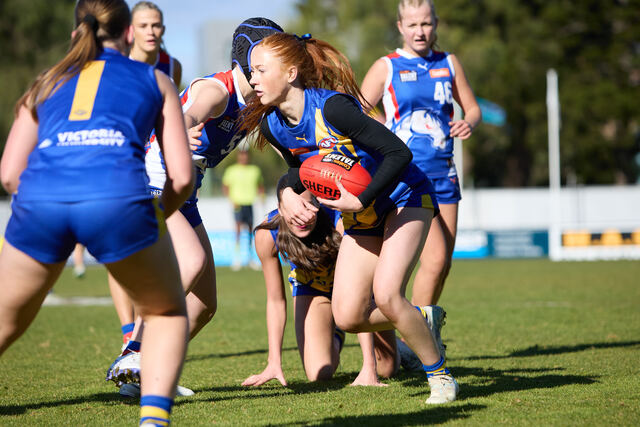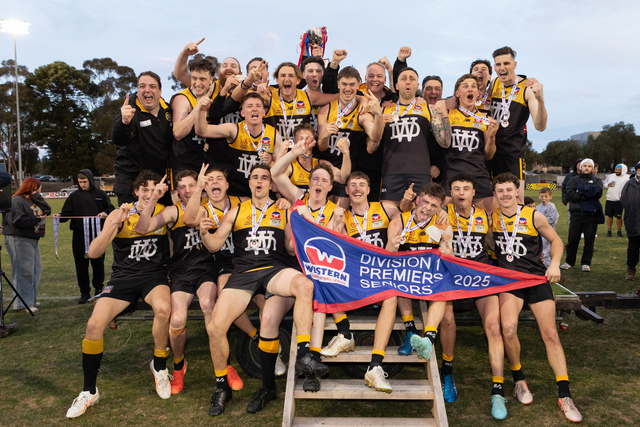Werribee 18 year old Glennon Brown is nothing if not optimistic.
Like many young people his age, the year 12 student at Wyndham Central College is searching for a casual job, something to provide some income, some independence and some experience of the workplace ahead of seeking full-time employment in the years to come.
Unfortunately, the only experience Glennon’s gained from jobseeking so far has been how to deal with rejection.
“I’ve applied for 60 jobs in total now, and most, if not all, have already said no,” he said in a remarkably cheery tone before quickly adding, “except for one place, which I’m hoping will come back to me soon.”
Even if it turns out to be rejection number 61, Glennon seems unlikely to be deterred from applying for number 62.
“At first I feel nicked off about it (being rejected) but at the same time it’s like, you’ve got to take it with a grain of salt and try again,” he said.
While waiting to see if his luck in the job market while finally turn, Glennon is doing everything he can to make his job applications better, joining more than 200 teenagers at a careers expo hosted by Anglicare Victoria in Werribee on Wednesday.
Held at The Garage drop-in centre on the afternoon of May 22, the expo provided young job hunters with resume writing and job interview tutorials, as well as the contact details of local Wyndham businesses searching for staff.
It’s the third annual careers expo Anglicare Victoria have held in Werribee and The Garage’s youth program facilitator Hanna Meilak said the previous two had made a real difference.
“We’ve seen a lot of young people come back and let us know that they’ve got a job or they’ve been able to hand in their resume and they’ve got that confidence to go speak to managers or different employers to hand it in and ask them if they’re hiring and what type of jobs they’re looking for,” Ms Meilak said.
The annual career expo is run in addition to weekly job training sessions at The Garage which youth team leader Teresa Cunningham said had been transformative young people from disadvantaged backgrounds.
“We have young people that we’ve trained that haven’t gone to school in a year or two, but we’ve trained them and we’ve looked after their baby while they’ve trained and then we’ve had them read out the questions because they can’t read and write,” she said.
“So whenever we offer training we ask that they be read, so that those young people can still get a certificate even if they can’t read and write. We give flexibility and a lot of other services just don’t give that sort of flexibility.”

